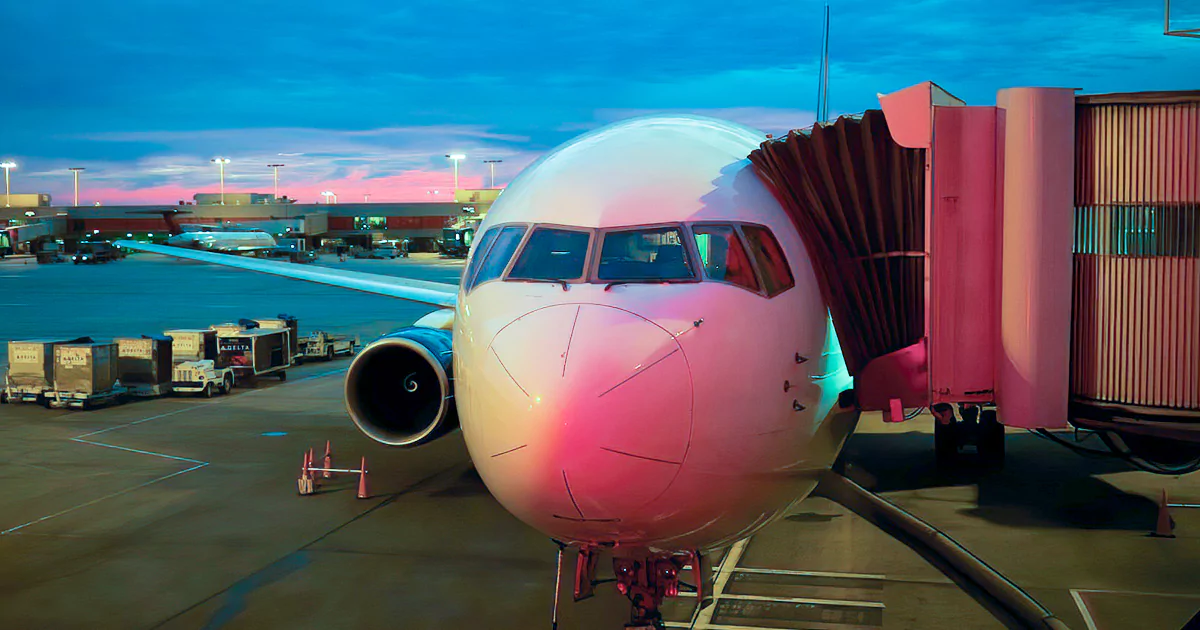Soaring to New Heights: How General Sales Agents Strategically Drive Airline Business Growth and Market Success
In the competitive aviation sector, airlines leverage General Sales Agents (GSAs) as strategic partners. These agents act as local outposts, extending an airline's reach and expertise into new markets. Their role is crucial in driving business growth and achieving market success through various strategic approaches.

Image via Mack Air
Expanding Market Reach and Penetration
The ability of a GSA to open up new markets and increase penetration in already-existing ones is among its most important contributions. Establishing a strong local presence in every possible market may prove difficult for airlines, especially those with limited resources or a focus on core routes. Conversely, GSAs have a wealth of local market expertise, built-in relationships with corporate clients and travel agencies, and a sophisticated grasp of local consumer preferences. A GSA in Sri Lanka, for instance, would facilitate local dealings for foreign airline groups, allowing for a smooth transition into the island's lucrative travel and tourism market.By aggressively marketing services, negotiating agreements, and establishing vital connections, they serve as the airline's feet on the ground and open doors for higher ticket sales and brand awareness in specific areas. Airlines can reach a wide range of consumer segments through the strategic outsourcing of market development without having to deal with the high costs and operational difficulties of establishing their infrastructure.
Cost-Effective Sales and Marketing Solutions
It can be very expensive to set up and maintain an airline's own sales and marketing infrastructure across several locations. By giving airlines access to a pre-made sales force, marketing know-how, and distribution channels, GSAs like Mack Air provide an affordable substitute. Airlines can use the GSA's current resources on a variable cost basis, frequently linked to sales performance, as an alternative to paying fixed costs for office setup, local employee hiring, and navigating new regulatory environments. Airlines can effectively scale their market presence with this adaptable model, maximising their budget while attaining noteworthy outreach and sales outcomes. Additionally, the GSA's local market intelligence guarantees that marketing initiatives are strategically targeted and culturally sensitive, optimising their impact and return on investment.
Deep Local Market Expertise and Intelligence
A thorough awareness of local customs, business practices, regulatory frameworks, and competitive landscapes is necessary to navigate the complexities of a new market; language proficiency alone is not enough. GSAs contribute this priceless local knowledge. They are well-versed in the local travel market, which includes major participants, booking patterns, and favoured means of communication. They can effectively customise sales and marketing strategies, spot new opportunities, and handle obstacles faster, thanks to this insider knowledge. By utilising the GSA's market intelligence, airlines can improve their pricing strategies, make well-informed decisions, and create locally relevant promotions. This will ultimately result in higher sales and a larger market share.
Streamlined Distribution and Enhanced Customer Support
To streamline the airline's distribution network, GSAs are essential. They serve as a primary point of contact for corporate travel managers, tour operators, and local travel agents, enabling smooth booking procedures and offering crucial product expertise. This guarantees that a larger spectrum of potential customers can easily access the airline's offerings and streamlines the airline's distribution chain. Additionally, GSAs frequently offer localised customer service, responding to questions, managing changes to reservations, and resolving problems in a prompt and appropriate manner. Building consumer loyalty and a favourable brand image in the local market is greatly aided by this improved customer service.
Strategic Partnerships and Revenue Generation
Successful GSAs actively look for and develop strategic alliances in their local markets. To develop bundled offers and cross-promotional activities that improve the airline's value proposition and draw in new clientele, this may involve partnerships with travel boards, hotel chains, vehicle rental companies, and other pertinent enterprises. These collaborative relationships established by GSAs can increase the airline's reach beyond conventional ticket sales and open up new revenue streams. The airline's overall business growth and market success are directly impacted by its proactive approach to spotting and seizing local opportunities.
